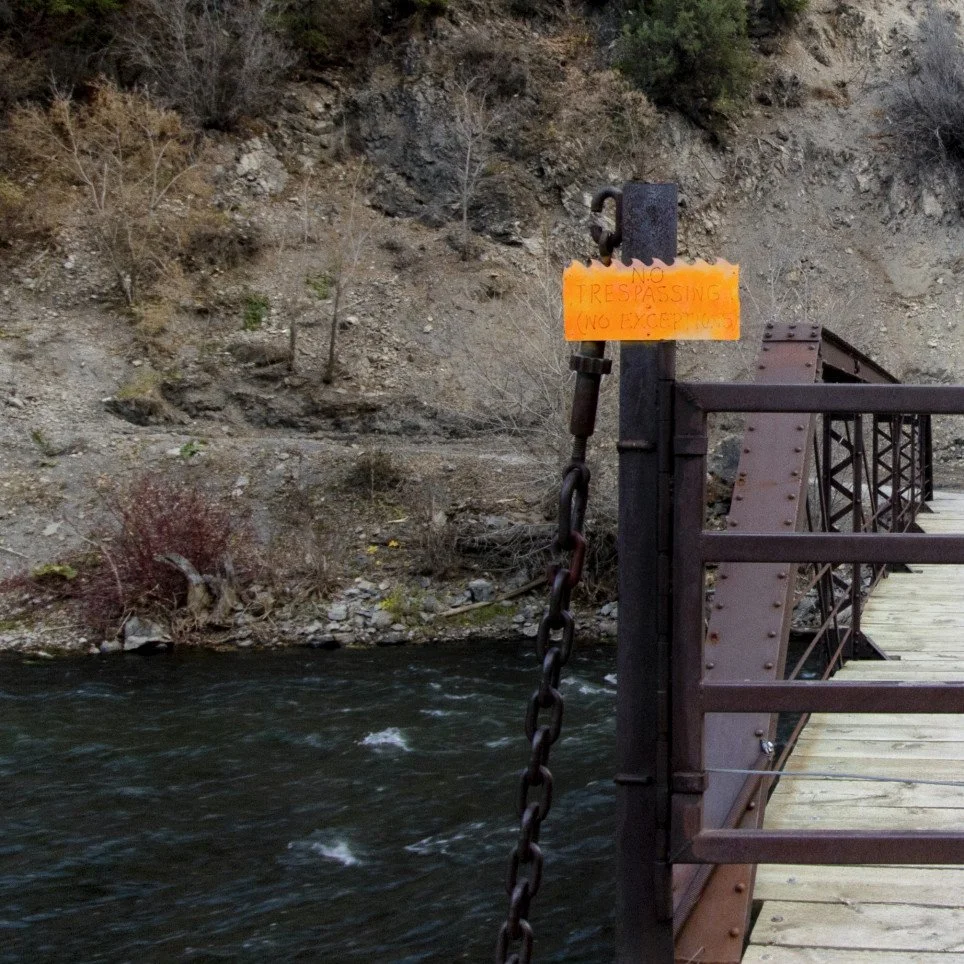
Historical Timeline of River Access and NavigaBIlity
Background
On June 4, 2000, Kevin and Jodi Conatser, their daughter and her best friend, loaded their raft into the Weber River located in northern Utah at a public access point and began to float down the river. On occasion, the raft and Kevin Conatser touched the river bottom, and Kevin waded through the river to fish. The Conatsers floated through property owned by the Johnson family and were instructed to leave the river. The Conatsers ignored the Johnsons’ request and were subsequently cited by law enforcement for criminal trespass.
The Justice Court of Morgan County, Utah, found the Conatsers guilty of criminal trespass. The Conatsers appealed the decision of the Justice Court. The Sate dismissed the charge finding that the Conatsers’ status as trespassers was uncertain.
While waiting for a resolution of the criminal matter, the Conatsers filed an action in civil court for a determination of their right to use the Weber River. The District Court held that the Conatsers could walk along the banks of the river (or river bottom) on private property only where such conduct was incidental to floating on the river. In other words, the Conatsers were permitted to touch the river bottom or wade the shoreline where such conduct was necessary to continue their float down the Weber River; it was not permissible to wade where such conduct was for other purposes (such as fishing).
The Conatsers then sought a declaration from the Utah Supreme Court, that as members of the general public, they had the right to walk on the bed of the Weber River and wade in its waters. On July 18, 2008, the Utah Supreme Court held that scope of the public’s easement allows the public to engage in all recreational activities that utilize the water. The Court thereby allowed the public to wade in rivers that run through private property as long as such conduct was incidental to an activity that utilizes the water (such as fishing).
USAC continues to work hard to lobby against any bills or legislation that negate the rights of the public while we await the Utah Supreme Court’s ruling in the Public Waters case.
Timeline of Events
The Utah Stream Access Coalition (USAC) has played a pivotal role in advocating for public access to streams and rivers in Utah. The timeline of the coalition began in the early 2000s when concerns over restrictions to access certain waterways emerged. In 2005, USAC was formally established, bringing together various stakeholders including outdoor enthusiasts, environmentalists, and legal experts to promote fair access policies. Significant milestones in the coalition's history include the introduction of legislative measures aimed at securing rights for recreational users and various court rulings that clarified public access rights under state law. Throughout the years, USAC has remained active in community outreach, raising awareness of stream access issues, and lobbying for favorable regulations. By 2023, the coalition had made substantial progress, solidifying its presence in discussions around public recreational access and environmental stewardship in Utah.
Please view our full timeline below, or you may also download a PDF here (Courtesy of Herbert L. Ley, USAC).
Stay In Touch
Stay in touch with us on Instagram for up-to-date announcements, member-submitted photos, and the latest news from USAC!






